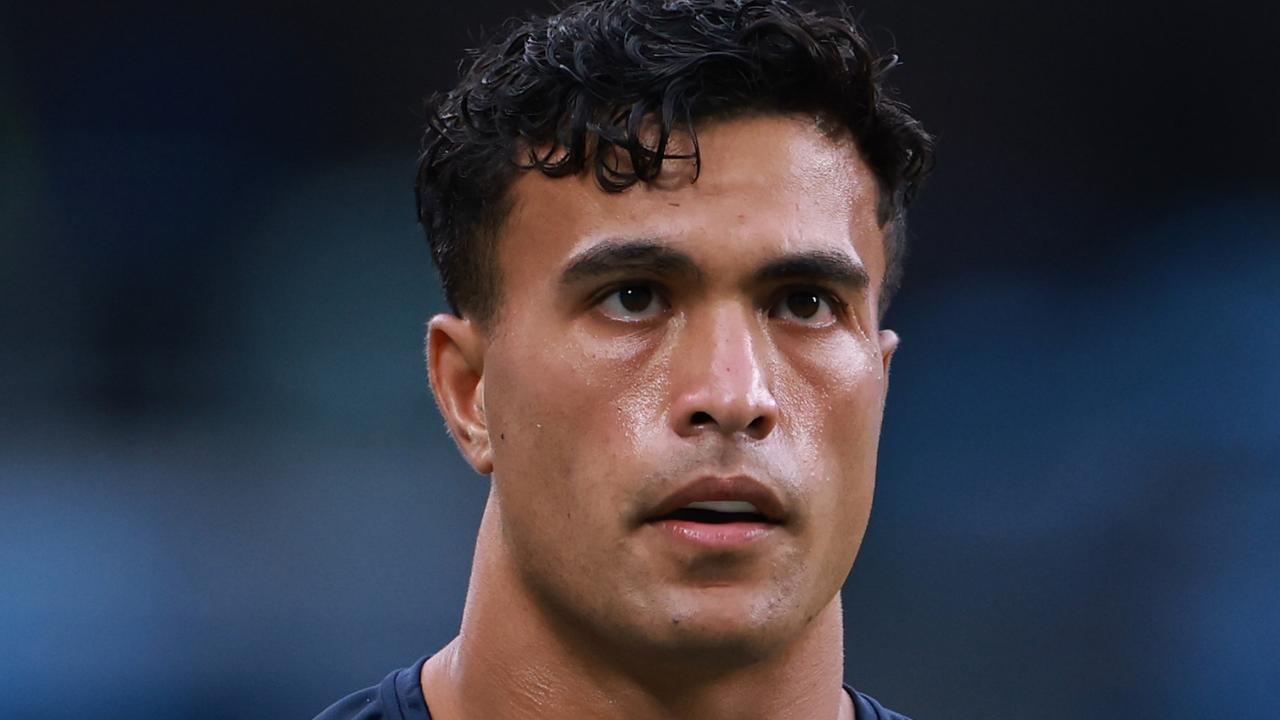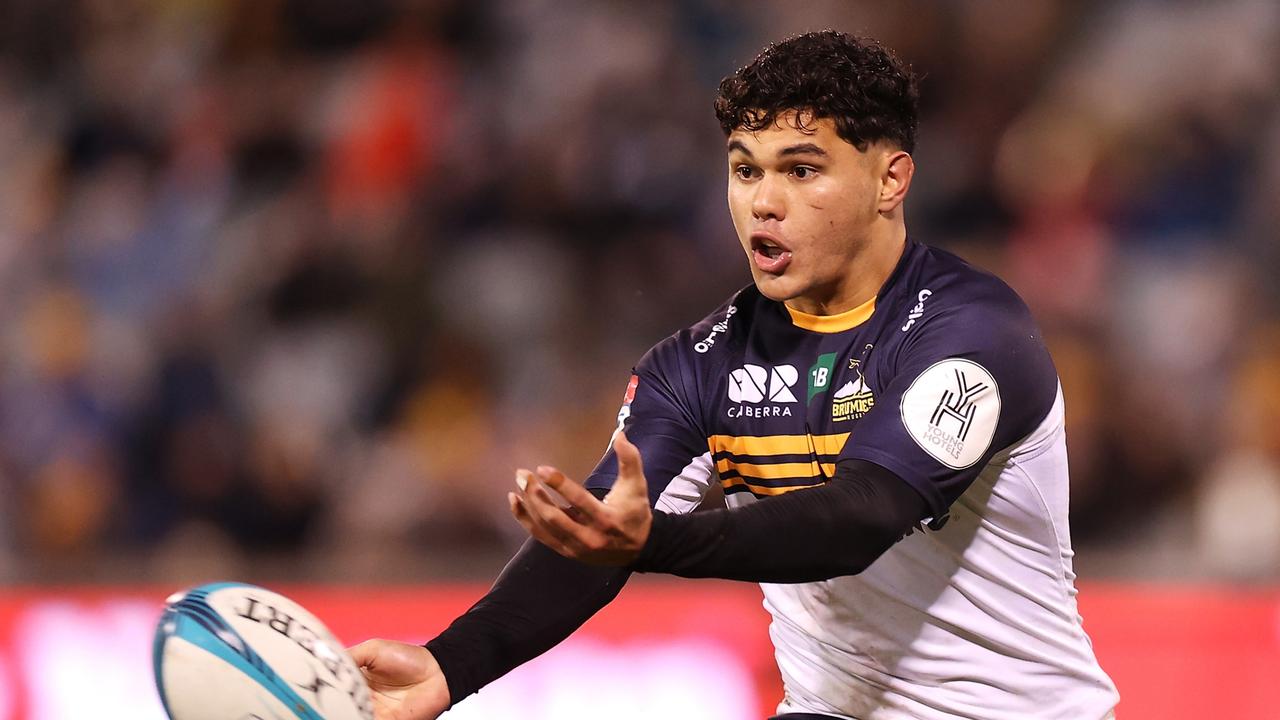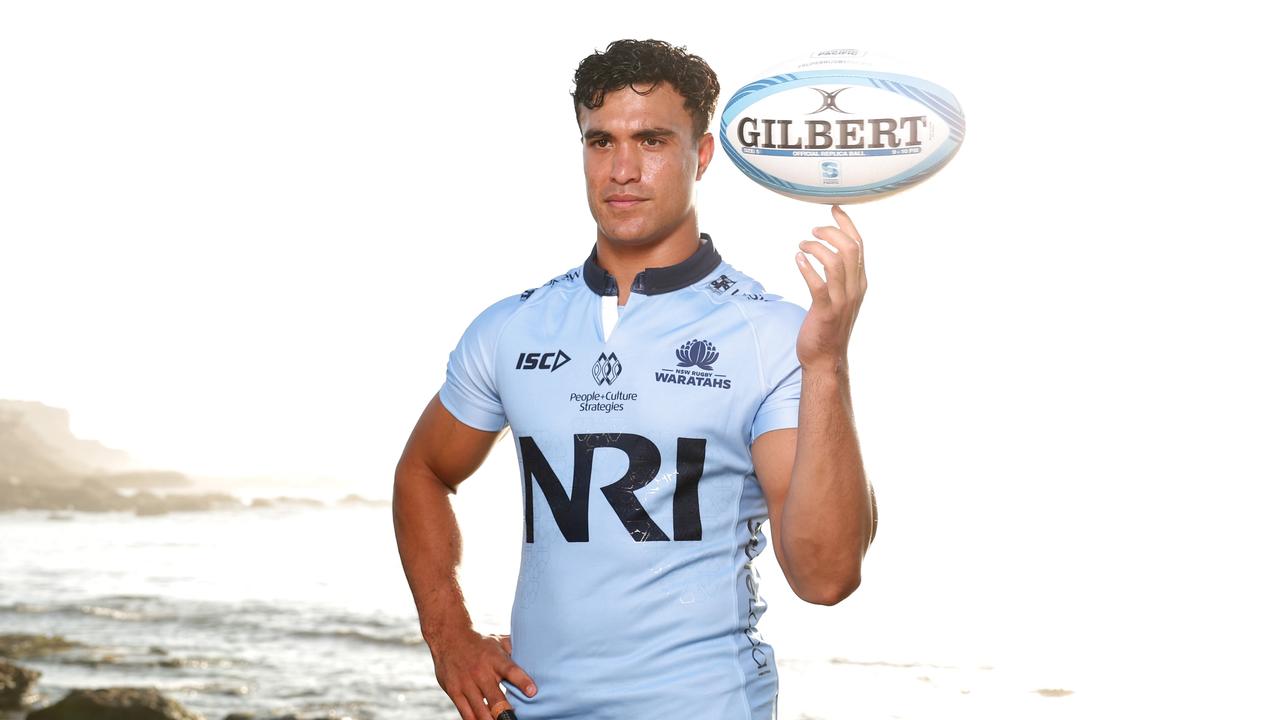Why the Wallabies could stumble against Argentina
AUSTRALIA stands just two victories away from World Cup glory, but it is all but certain. Here’s why they could be sent packing sooner than expected.
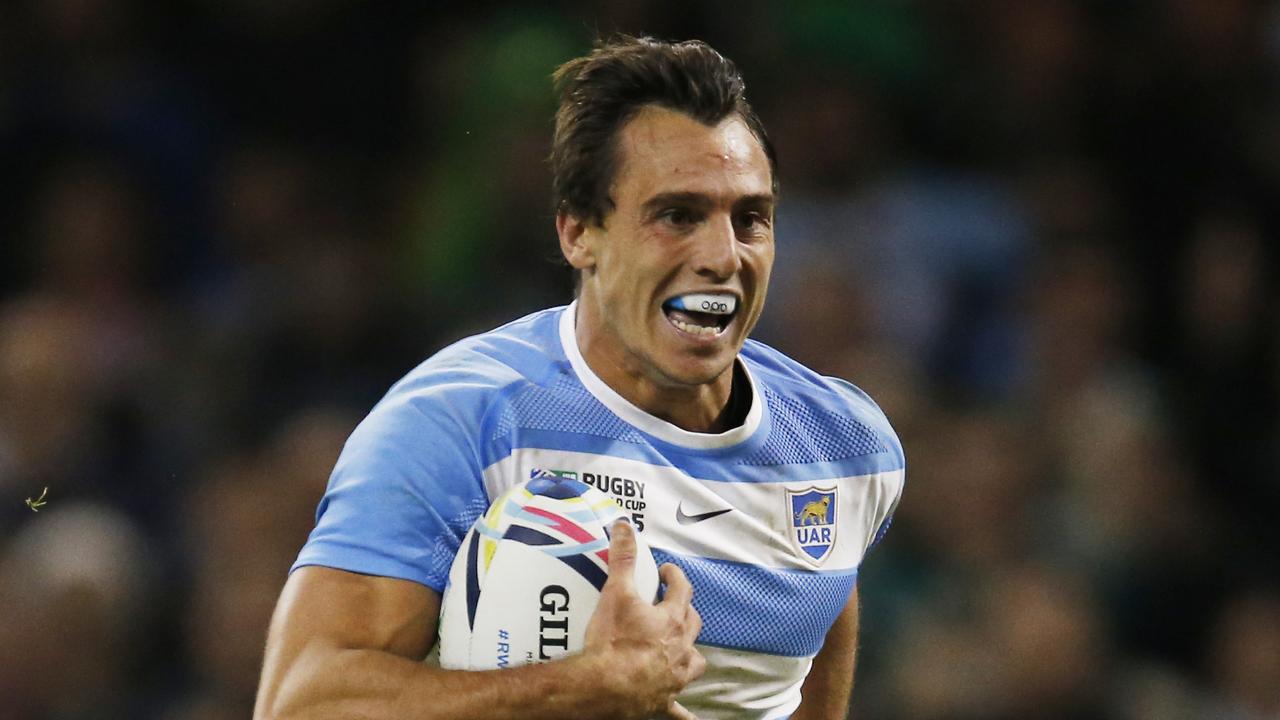
WITH all but four nations remaining in the Rugby World Cup, all of whom hail from the southern half of the globe, the tournament now looks like a ramped-up version of the Rugby Championship.
The expectation of the remaining contenders by default then falls back on the results of this year’s Championship. Australia would be placed as the top nation, who would therefore easily beat Argentina this weekend, go on to topple the All Blacks and reclaim the Webb Ellis Cup for the first time since 1999. Because after all, Australia is the top southern hemisphere team right? Not necessarily.
The results of the Rugby Championship cannot draw any direct relevance to that of the next three major games, simply because of the trial-like approach a number of coaches took to the competition; just weeks before a World Cup, combinations had to be tested, successfully or not.
Most importantly from an Australian perspective then, is the challenge they face against Argentina on Monday morning (AEDT).
Having beaten the Pumas 34-9 in their last meeting in July this year, one would be forgiven for thinking the Wallabies would easily stroll past the South Americans into the final.
Here’s why the Wallabies could be eliminated from the Cup by a strong, in-form Argentina.
ARGENTINA ARE YOUNG AND ADAPTING FAST
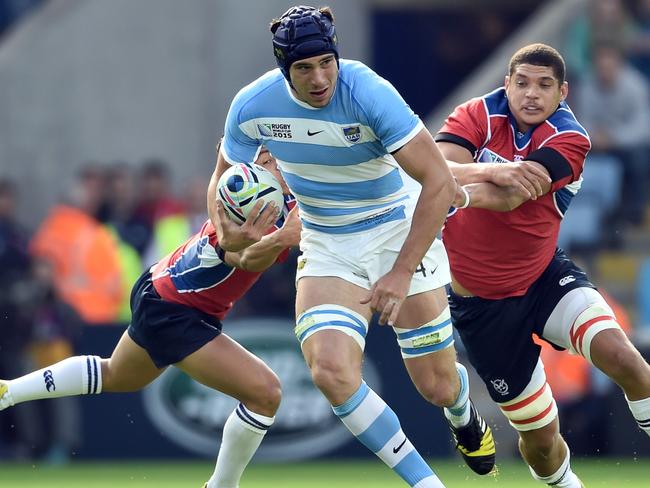
According to former England flyhalf and Argentina high performance director Les Cusworth, the young Pumas side have an edge that could lead them to their first world title. The 61-year-old said the influence of head coach Daniel Hourcade has progressed the young group to develop their play to a standard higher even than it was at the 2007 World Cup, where they placed third.
“There are not many teams better than Argentina in the contact area. Once they get their dander up they are very difficult to beat. I seriously believe they can go all the way,” Cusworth told The Telegraph.
“The Argentinians are naturally very gifted sportspeople.
“They are so combative, and they had a competitive edge that I found incredible. They always surprise you with their sheer desire. (Daniel) Hourcade has been responsible for their new style of play as much as anybody.
“Their involvement in the Rugby Championship forced them to move away from their old way of playing. Even in 2007, they were not as geared up as they are now.”
To make matters even more frightening, a significant number of the Argentine squad, particularly in the forward pack, are still at the beginning of their careers, meaning they will only continue to develop. And with the squad adopting similar training approaches to that of the All Blacks, they continue to get better with each game.
“Eighty per cent of them will be available for the next World Cup in 2019,” Cusworth said. “That is a frightening statistic. Props who are that young tend to be exposed at this high level, but such is the standard of their play that they have not been shown up at all.”
“We recognised that the New Zealand methodology was the best in rugby, and ever since, Argentina have done a lot of work on improving their athletic performance and core stability. They have even trained in Pensacola, Florida, where many of the American footballers are based. The physique of Argentine players has changed.”
DUAL PLAYMAKERS
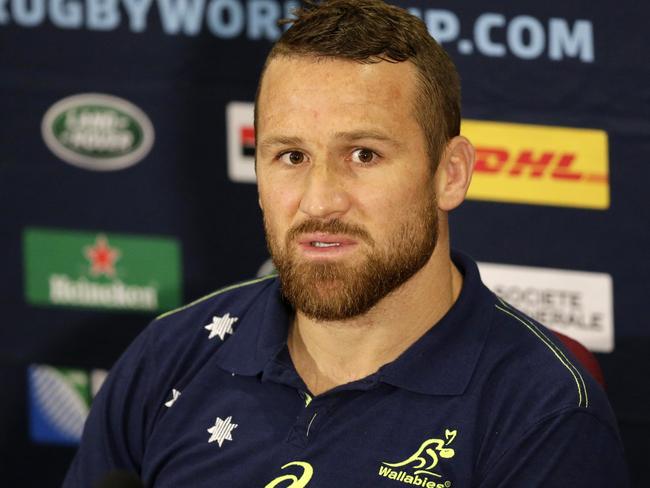
While the Wallabies have the luxury of fielding two capable distributors in Bernard Foley and Matt Giteau, Argentina have shown they too possess the same depth in their play-making stocks, with both flyhalf Nicolas Sanchez and inside centre Juan Martin Hernandez producing a display against Ireland that placed them among the best in the world.
The pair widen the Argentinian attack, giving their danger men on the flanks more than enough opportunity to execute and score tries, something that comes easily for the likes of wingers Juan Imhoff and Santiago Cordero.
And when you have rugby pedigree Matt Giteau singing the praises of his former Toulon teammate in Hernandez, it’s hard not to take notice of the damaging centre.
“He’s very skilful, he’s tough, defensively strong; he adds a lot of stability, I think, to that team,” Giteau told ESPN.
“To play with him, especially in big games, he’s a very, very good player — very confident in what he does and the things that he can do a lot of others can’t. I’ve got a lot of respect for him.”
WORLD CUP HISTORY IS AGAINST US
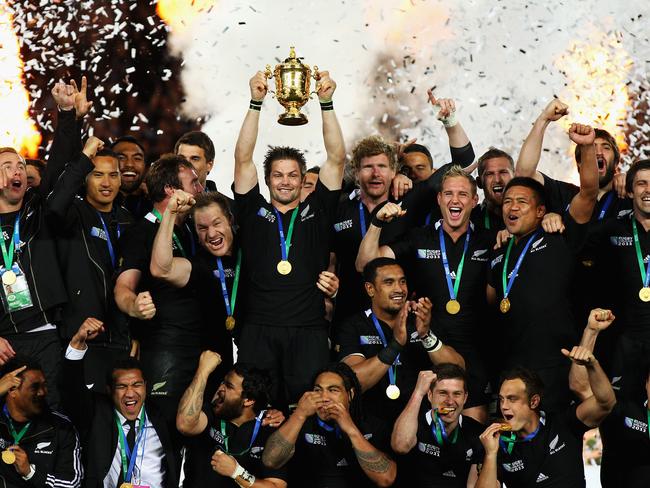
Australia may not be the most superstitious nation historically, but looking at the facts surrounding a same-pool finals match up, its hard not to find them a little bit spooky.
In Rugby World Cup 2007, South Africa beat England 36-0 in Pool A and the teams met again in the final, the Springboks winning 15-6 — the number one and two from the same pool managed to make it through to the final dance.
Exactly the same was the case in 2011 when, also in Pool A, New Zealand beat France 37-17. Once again, the pool rivals met in the final, with the All Blacks prevailing 8-7.
This year, New Zealand beat Argentina 26-16 in Pool C and they remain on course for a rematch in next week’s final.
If a pattern is forming, it doesn’t look good for the Wallabies.
AUSTRALIA’S CALF STRAIN
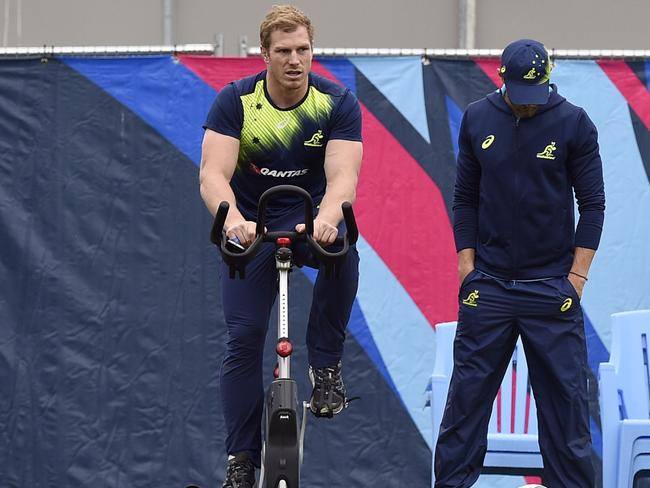
When David Pocock left the field at the hour mark against Wales, the entire nation felt the pain of the backrower’s calf niggle.
The importance of Pocock to any side is paramount. And given his current form as one of the best loose forwards in the tournament, his role in Australia’s success is enormous.
With his fitness uncertain ahead of the Argentinian contest, Pocock’s injured calf now becomes Australia’s number one concern.
Wallaby legend Stirling Mortlock even went as far as to say that the Wallabies would struggle to win if the star openside did not make it onto the pitch.
“So as much as it pains me to think I don’t think we’re going to win without him, you can’t push it,” Mortlock said.
“The reality is when he’s played, he’s been the best player at the tournament.
“And if you take the best player in the tournament out of your side, it’s going to leave a massive dent.”
THEIR DEFENCE IS NOTORIOUS
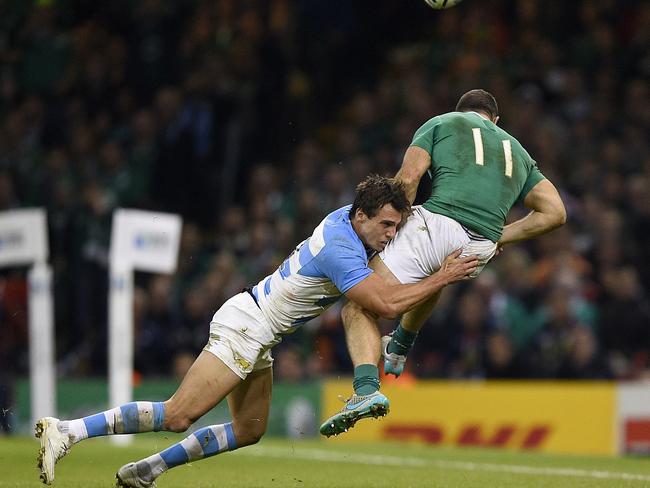
Argentina has long been known for their brutalising defensive play. Dominant out on the fringes as well as in tight, they have developed a reputation as being among the best in the world when the other team has the ball. All Blacks coach Graham Henry said in 2012 that Argentina could be world champions one day if their attack became as good as their defence, such was their ability at the tackle contest.
Unfortunately for the Wallabies, Henry’s premonition is looking more like a reality.
If you are still among those who don’t think Argentina pose a real threat this tournament, their highlights from a quarter-final destruction of Six Nations champions Ireland should clear up any doubt.


